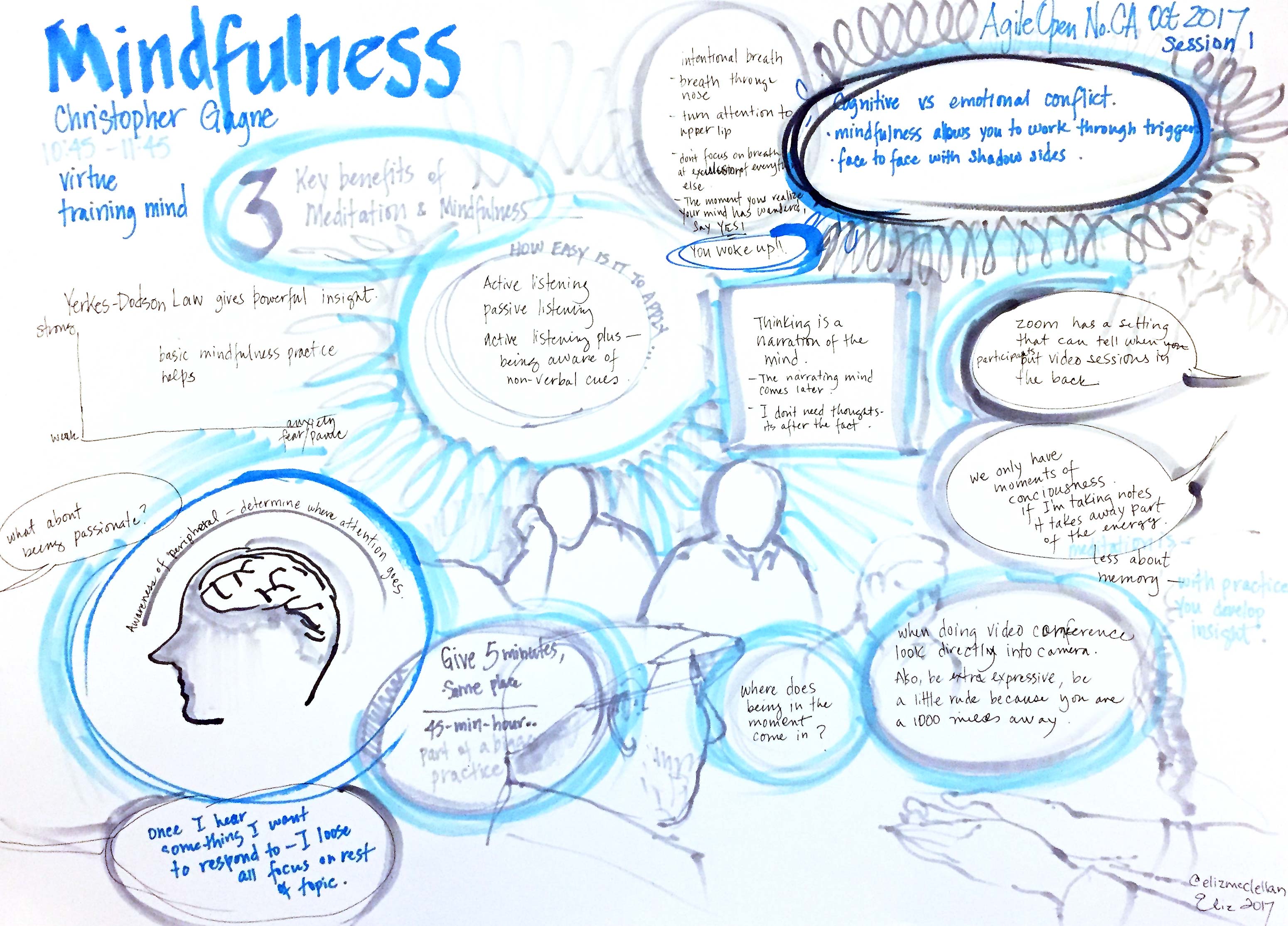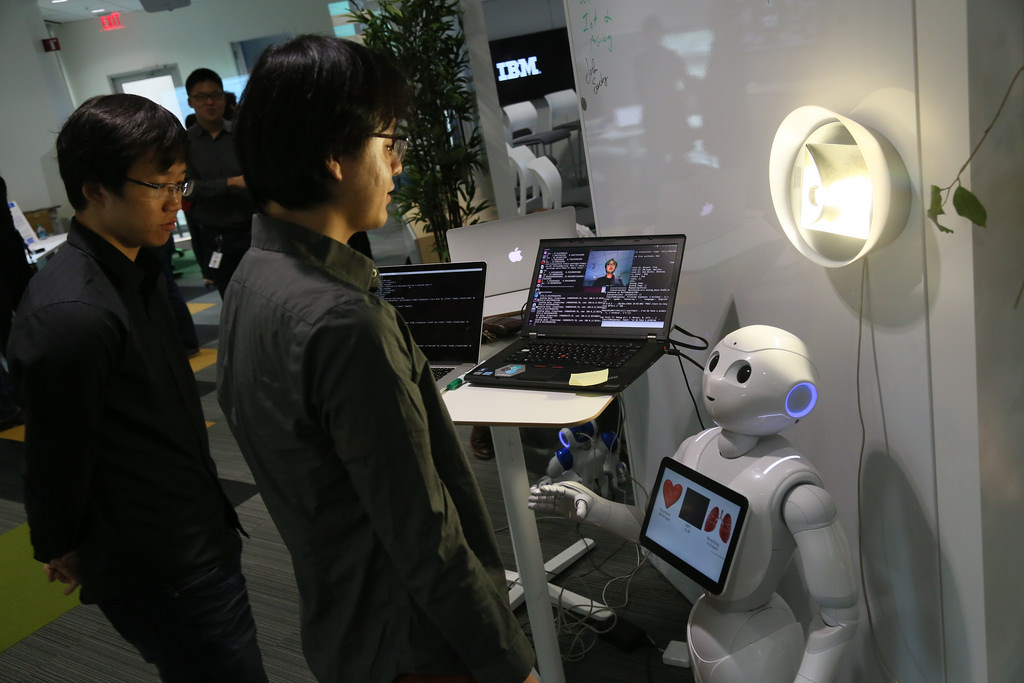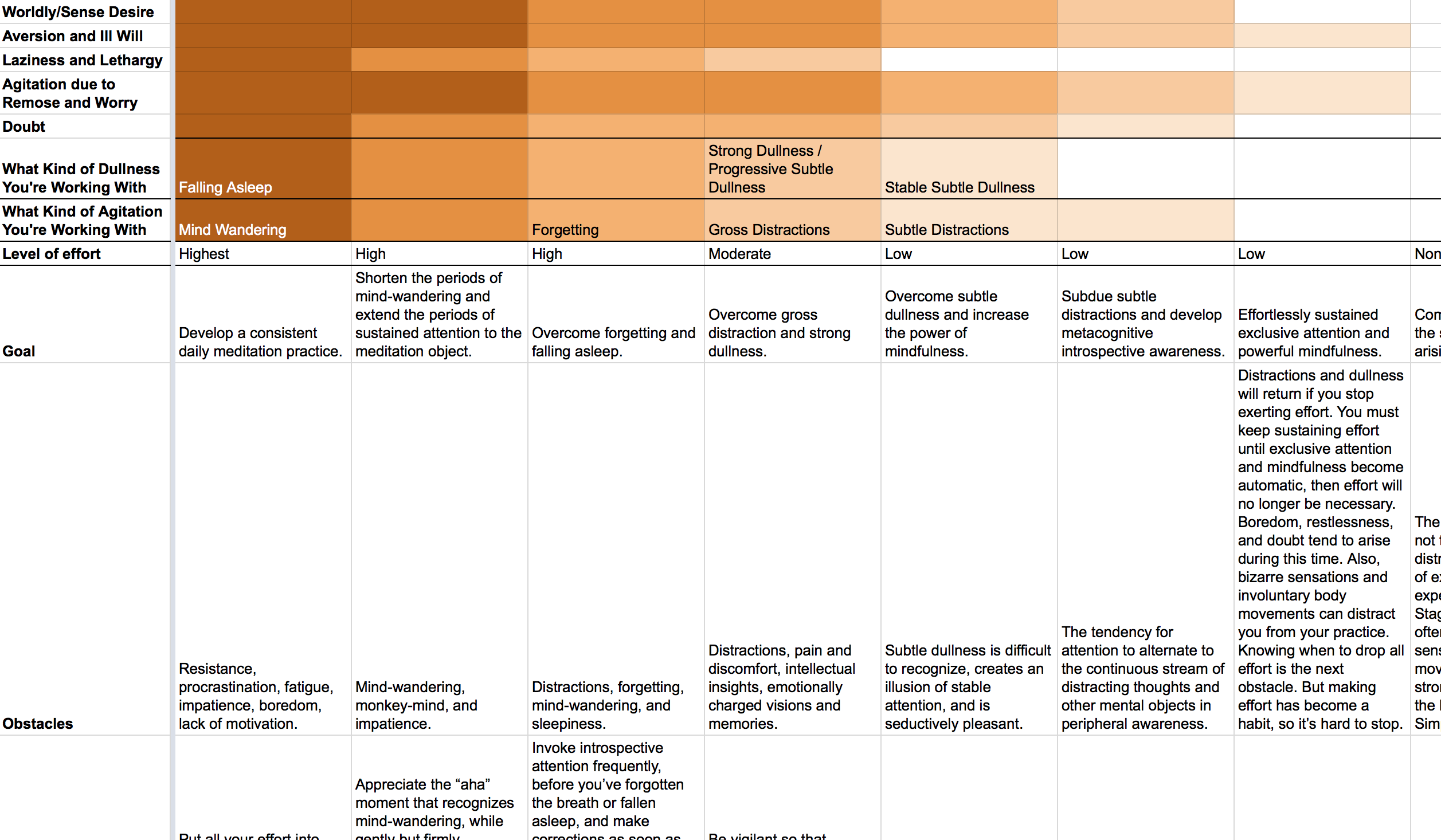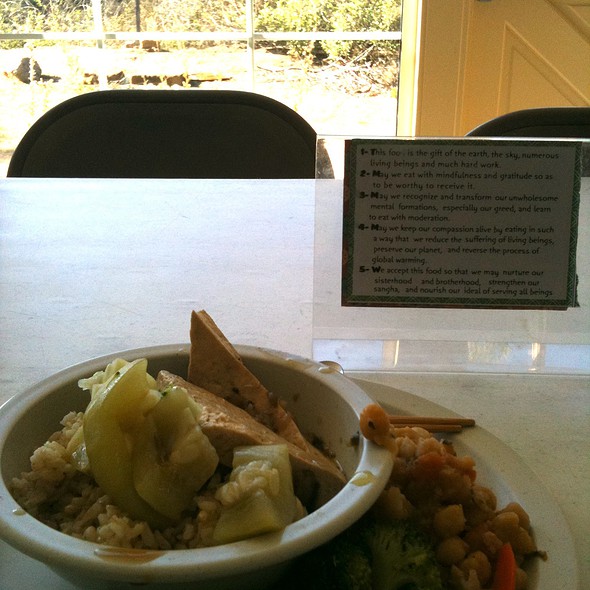Three key benefits of meditation and mindfulness in knowledge work environments
As an Agile coach and meditation teacher-in-training, I regularly spot opportunities where Agile and mindfulness are aligned. Here’s a summary of the three key benefits of meditation and mindfulness in knowledge work environments that routinely come to mind for me. I’ve given this as a talk at Agile Open Northern California 2017 and I’d be delighted to share it elsewhere as well.




